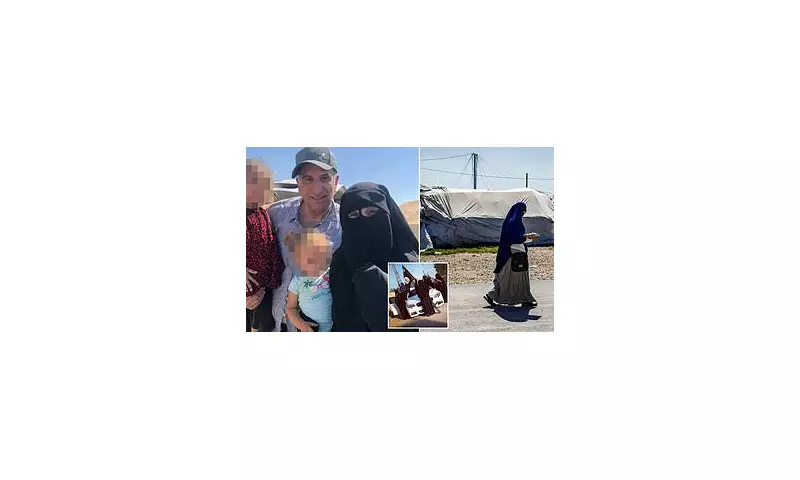
The harrowing ordeal of Mariam Dabboussy, a Sydney woman who found herself trapped in ISIS-controlled Syria, reads like a psychological thriller with life-or-death stakes. What began as a family trip to Lebanon in 2015 transformed into a years-long nightmare that continues to haunt her today.
The Fateful Journey That Changed Everything
Mariam Dabboussy, then a young mother from western Sydney, travelled to Lebanon with her husband and children for what she believed was a family holiday. Instead, her husband allegedly drugged her and transported the unconscious woman across the border into Syria, where she awoke in ISIS territory with no means of escape.
Life Under ISIS Rule
For three agonising years, Dabboussy endured what few can imagine. She gave birth to two children in squalid conditions while being moved between various ISIS strongholds. Her days were marked by constant fear, deprivation, and the ever-present threat of violence that defined life under the terrorist regime.
Multiple Escape Attempts Foiled
Court documents reveal Dabboussy made several desperate attempts to flee Syria with her children. Each effort was thwarted by ISIS guards or the complex web of checkpoints that made escape nearly impossible for Western women and their children trapped within the caliphate.
The Controversial Homecoming
In 2019, Australian authorities facilitated Dabboussy's return alongside dozens of other women and children from Syrian camps. However, her homecoming sparked intense debate about national security and the government's responsibility toward citizens who spent years in terrorist-controlled territories.
Ongoing Legal Battles and Surveillance
Despite her insistence that she was a victim rather than a willing participant, Dabboussy remains under constant surveillance by Australian intelligence agencies. Her passport has been cancelled, and she faces ongoing legal restrictions as authorities continue to assess potential security risks.
The case continues to raise difficult questions about coercion, consent, and how nations should handle citizens returning from conflict zones where terrorist organisations held power.





